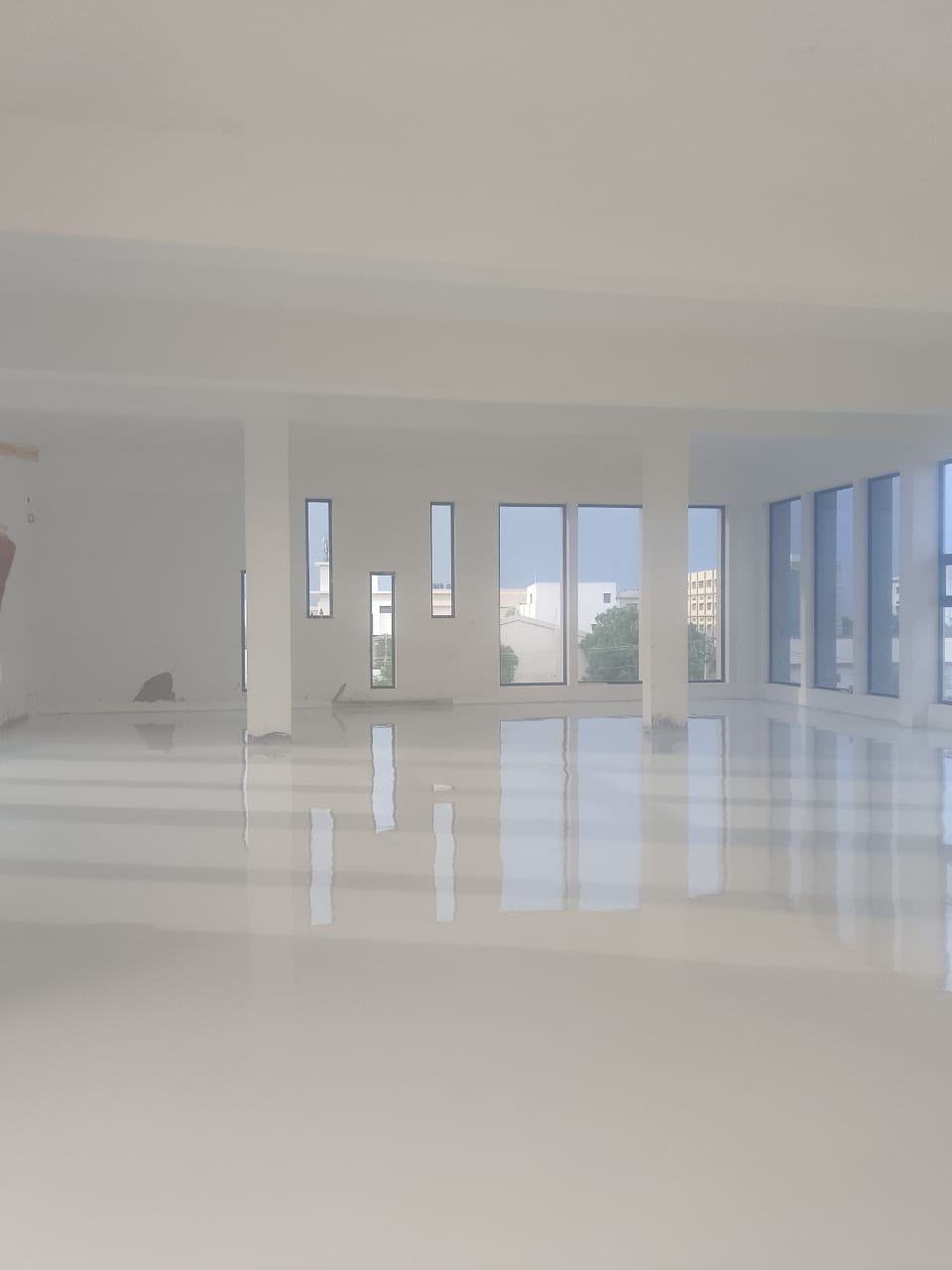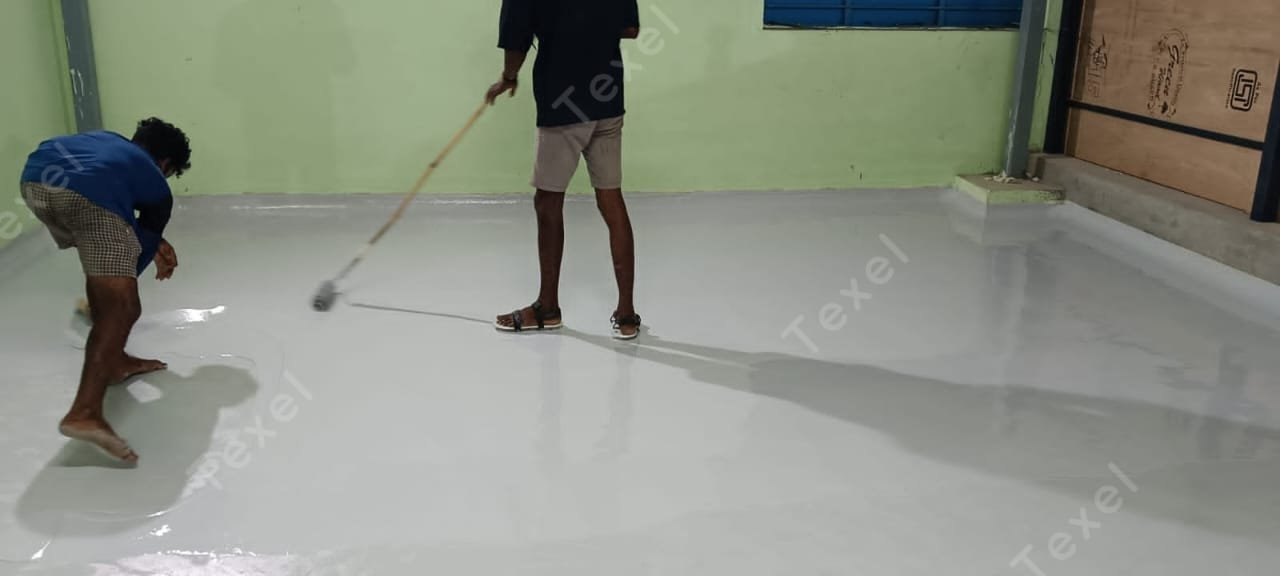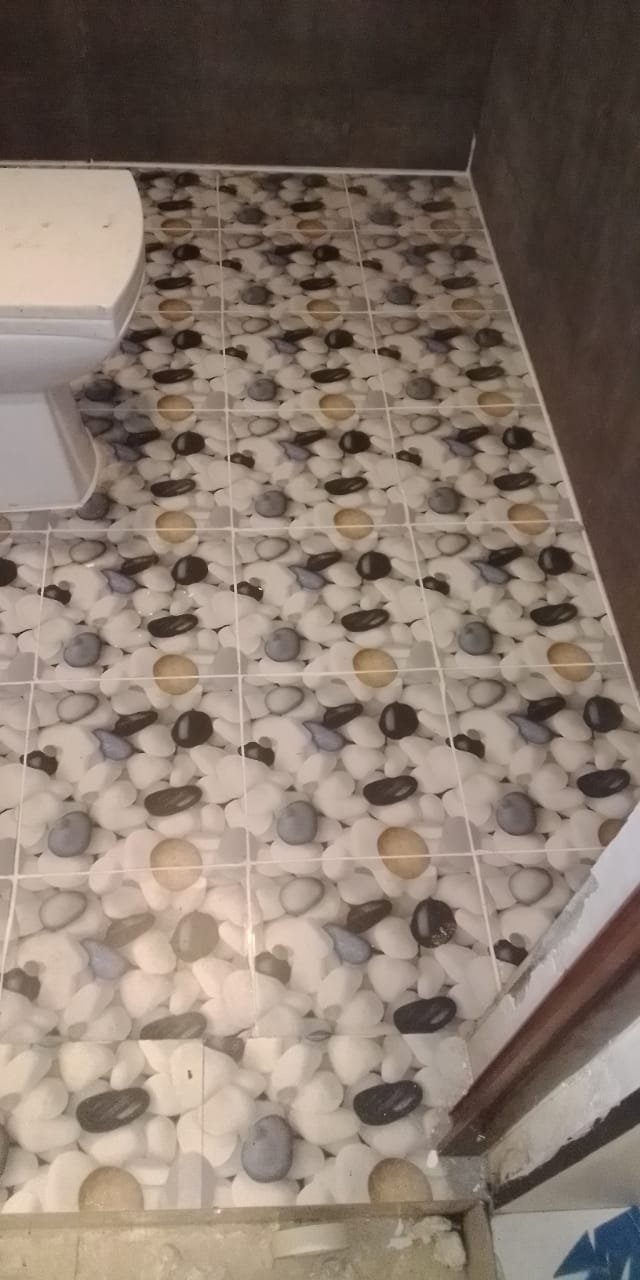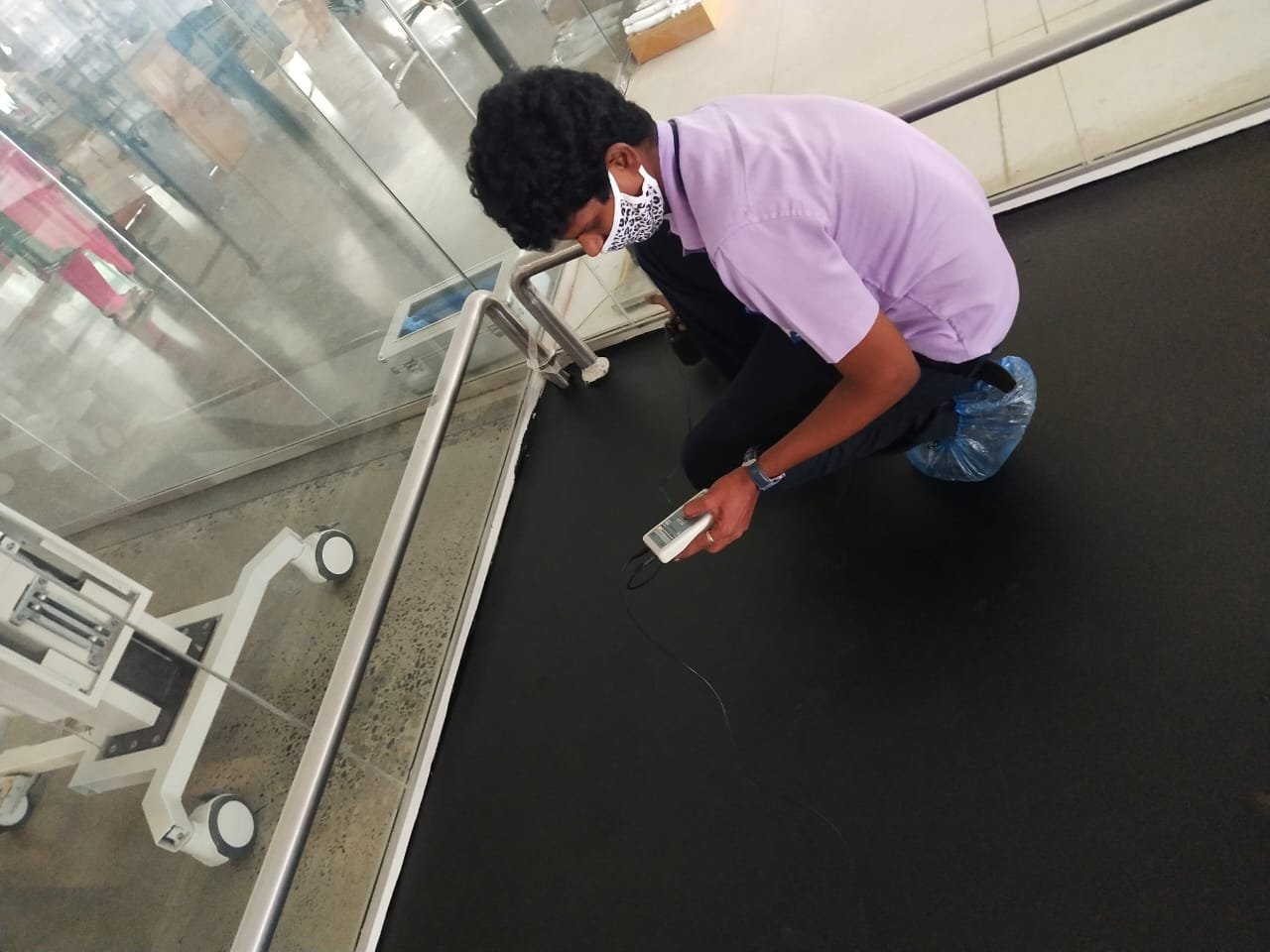What is epoxy flooring made of?
WHAT IS EPOXY FLOORING MADE OF?
Epoxy flooring is made of two main components:
Epoxy Resin: A liquid polymer that provides strength, adhesion, and chemical resistance.
Hardener (Curing Agent): A chemical that reacts with the epoxy resin to form a hard, solid plastic material.
When mixed together, the resin and hardener undergo a chemical reaction called curing, creating a strong, durable, and seamless flooring surface.
Optional additives:
- Pigments (for color)
- Aggregates (for texture or slip resistance)
- Fillers (to adjust thickness or strength)
- UV stabilizers (for outdoor durability)
- Topcoats or sealers (for extra shine, durability, or protection)
Why Do People Choose Epoxy Flooring?
- Super durable — holds up to cars, forklifts, and foot traffic.
- Chemical & stain resistant — great for garages and industrial spaces.
- Easy to clean — just sweep and mop.
- Customizable looks — from plain to wow-factor finishes.
- Long-lasting — when installed right, it can last for years without major maintenance.
What are the major industries requires epoxy flooring?
- Manufacturing & Industrial Plants
Heavy machinery, chemical spills, and constant foot & vehicle traffic require strong, chemical-resistant, and impact-resistant flooring.
Examples:
- Automotive plants
- Electronics manufacturing
- Heavy equipment factories
- Food & Beverage Industry
Food plants need hygienic, seamless, and easy-to-clean floors that meet safety regulations. Epoxy is also resistant to acids, oils, and water.
Examples:
- Dairy processing plants
- Breweries
- Bakeries
- Commercial kitchens
- Pharmaceutical & Healthcare Facilities
These environments require sterile, dust-free, and seamless surfaces to prevent contamination. Epoxy floors meet those strict cleanliness standards.
Examples:
- Hospitals
- Laboratories
- Clean rooms
- Pharmaceutical production areas
- Retail & Commercial Spaces
They need aesthetic appeal, durability against foot traffic, and easy cleaning. Plus, epoxy can be customized with colors and patterns.
Examples:
- Shopping malls
- Supermarkets
- Showrooms
- Car dealerships
- Automotive Industry
Garage floors, service bays, and showrooms face oil spills, tire wear, and heavy equipment, so they need chemical-resistant, non-slip surfaces.
Examples:
- Car repair workshops
- Auto detailing centers
- Dealership service areas
- Warehousing & Logistics Centers
Forklifts and pallet jacks create abrasion and heavy loads, so epoxy is used to prevent wear and keep floors smooth for easy transport.
Examples:
- Distribution centers
- Storage warehouses
- Chemical & Petrochemical Plants
Floors must resist harsh chemicals, oils, solvents, and acids, making epoxy the go-to choice.
Examples:
- Chemical processing plants
- Oil & gas refineries
- Educational & Institutional Facilities
Schools and universities install epoxy for durability, low maintenance, and safety, especially in labs and cafeterias.
Examples:
- Science labs
- School kitchens
- Maintenance areas
- Sports & Recreation Facilities
For slip resistance, easy cleaning, and aesthetic appeal in gyms, courts, and arenas.
Examples:
- Fitness centers
- Indoor sports courts
- Aviation & Aerospace Industry
Hangars and assembly areas need highly durable, chemical-resistant floors that can withstand fuel, oil, and constant equipment movement.
Epoxy flooring is essential anywhere that needs strength, safety, hygiene, and long-term durability. It’s not just for industrial spaces — it’s used in commercial, retail, healthcare, and even educational sectors.




